How to become a wedding planner
- Intern with an experienced wedding planner
- Work in the service industry
- Assess whether your personality suits the profession
- Focus on building relationships
- Consider the work-life balance of wedding planning
- Create an online presence
- Join an industry association
- Try working for a venue before your own business
When you consider that over $72 billion is spent on weddings every year, is it any surprise that couples want someone wholly dedicated to making their special day perfect? Enter wedding planners, whose job it is to turn event concepts into reality and take as much stress off couples’ shoulders as possible.
If you’re interested in helping people make their wedding dreams come true, this article is for you. Below, several experts provide their insights on how to become a wedding planner and ensure you’re able to give couples an experience to remember.
8 tips on how to become a wedding planner
1. Secure an internship with an experienced wedding planner
Amy McCord Jones is the owner of Flower Moxie. She’s been a wedding planner and florist for over 13 years, and she’s planned or serviced more than 600 weddings in her career. Her most pressing tip is to intern, intern, intern!
“I cannot stress enough the importance of interning before leaping into the wedding planning profession,” says Jones. “Over the years, I’ve allowed many hopeful wedding planners to shadow me. Only one person actually went on to be a professional wedding planner.”
Why is this? From her experience, Jones notes that many would-be wedding planners are typically interested in the more creative aspects of the job, such as styling shoots and creating mood boards. But that’s a fraction of what the actual job entails.
There’s a ton of communication you need to manage between the engaged couple, venues, and vendors — not to mention how extremely organized you must be to keep up with it all.
Rob Alberti is the owner of Rob Alberti’s Event Services. He is a 35-year veteran in the wedding industry, and his company provides DJ services, custom lighting, and AV rentals at over 300 weddings each year. On the subject of internships, he’s in complete agreement with Jones.
“There’s no substitute for actual, real-world wedding experience,” he says. “It’s not until you’ve faced the numerous and varied challenges that come with this role that you can understand the pressure and responsibility required of a wedding planner.”
2. Work in the service industry
Jones’ second tip also involves building experience. She says a great way to ease into wedding planning is to “dip your toe into service industry waters by catering, bartending, or waiting tables.”
Many people see being a wedding planner as a glamorous role, but Jones notes that the job is essentially part of the service industry, much like caterers and the like.
“The most crucial aspects of wedding planning are anticipating someone’s needs, maintaining a high attention to detail, being on your feet, and going 90 miles an hour for hours at a time,” she says. “It is a physically demanding job that involves lots of multitasking and working as a team with clients and vendors.”
3. Assess whether your personality suits the profession
“Ask yourself whether you’re able to navigate hard conversations and set boundaries,” says Jones. That’s because you’re going to be dealing with stressed and demanding brides, opinionated mothers, dicey family dynamics, flaky vendors, and unrealistic budget expectations. These are all daily realities for a wedding planner.
“You must be able to handle tough conversations with such finesse that the vendor and client relationships remain intact, despite conflict and disagreements,” says Jones.
Jumi Aluko, lead coordinator and founder of DunniWeddings, agrees with Jones. Aluko says a high level of emotional intelligence is a must-have in wedding planning.
“Weddings are incredibly emotional experiences, and the planning and people elements will test your ability to remain balanced,” says Aluko. “Oftentimes, the planner winds up also becoming the couple’s therapist. So you must know how to deftly manage relationships with empathy, while also not taking sides.”
Aluko calls out another important personality trait: the ability to work in high-stress, fast-paced situations. Many jobs cite this as a requirement, whether or not the workplace fits that description. However, she notes that the description is quite accurate for any wedding planning environment.
“Throughout the planning process with the couple, you can take your time to make decisions and carefully mull over multiple options,” says Aluko. “However, come wedding day, you have to make decisions quickly, often with multiple vendors standing right in front of you waiting for an answer.”
4. Focus on building relationships
Bianca Trevino is a certified wedding planner and owner of Bianca Nichole Events. She says being a people person is important if you want to make it over the long term in this business.
“If you’re good at what you do, you can hope for referrals,” she says. “But don’t expect them simply on principle. Instead, genuinely get to know the couples and become friends with them. People will refer you if they like you.”
5. Consider the realistic work-life balance of wedding planning
Wedding planning is not your typical 9-to-5 job. “You can say goodbye to your weekends, vacations, dance recitals, and kid’s soccer games,” says Alberti. “You’re going to be working long days and weekends.”
While Alberti’s commentary may seem extreme, he only shares it to prepare would-be wedding planners for the reality of the job. It’s no secret that many weddings are held over the weekend — on Saturdays in particular. It’s when most people are off work, and it works well for out-of-town guests who need to travel for the event.
“So any weekend events you have in your personal life will often be in conflict with weddings you take on,” Alberti explains. “In my 35+ years as a wedding DJ, I can’t count the number of events I’ve missed because I was contracted for a wedding or other major ceremony. Being a wedding professional is fulfilling, but it can take a toll on your personal life.”
6. Create an online presence
“Modern brides are likely to use a Google search to locate wedding planners and see samples of their work, so you’ll need a website for your business,” says Hew Blair, chairman and buying director at Justerini & Brooks wine merchants.
Blair says a professional website can make your services more accessible. You can also promote your business through social media and other channels, which can make you a more engaging choice for potential clients.
“Be sure to craft a compelling portfolio to properly illustrate your work and inspire clients to choose you,” says Blair.
7. Join an industry association
“For anyone considering wedding planning as a profession, I recommend joining an industry association,” says Lynne Kennedy, lead planner and owner of wedding planning firm The Gilded Aisle. “They can be quite helpful for staying informed about the profession and networking.”
One association Kennedy suggests is the Association of Bridal Consultants (ABC). The association offers training and certification and even has state chapters that enable you to network with other professionals in your area.
“As the ABC state manager for Illinois,” she says, “I mentor many of our novice members and allow them to shadow me at weddings to gain experience and perspective.”
8. Try working for a venue before starting your own wedding planning business
While some people may want to strike out on their own as a wedding planner, Kennedy says a better approach may be working for someone else first.
“There are many wedding planners who got their start in the industry by working for a venue before starting out on their own,” she says. “It will give you incredible insider knowledge on venue operations and catering.”
Tools of the trade
The above tips offer a great foundation for pursuing your wedding planning career. When you’re ready to start your journey, be sure you have the right tool to support your efforts. Use Jotform, an easy-to-use form builder, for all your wedding planning needs, like collecting contact information, accepting payments, and more.
Here are a few forms you can use:
- Wedding event plan questionnaire
- Wedding photography contract
- Wedding inquiry form
- Wedding feedback form
You can also use Jotform Tables to help you organize all the different information you collect for each wedding with this wedding planner template. Manage the wedding budget with itemized amounts for apparel, entertainment, catering, photography, and more. You can also rate potential wedding venues and create detailed checklists.
Finally, as another solution for the planners (and also the others to be wed soon), Jotform Apps integrates all the tools above with a wedding planning app.
Use Jotform to keep weddings on track from start to finish, and best of luck on your wedding planning journey.













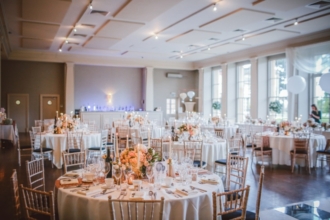
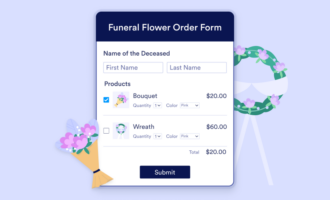
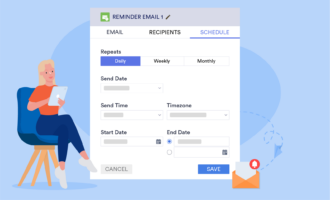










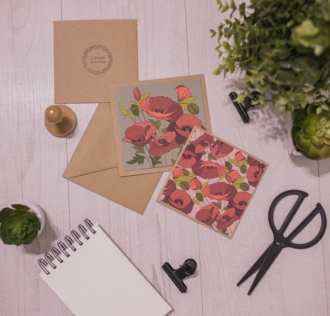



















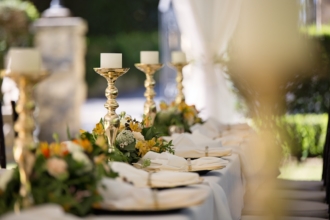





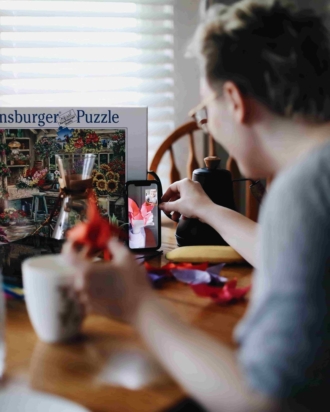


Send Comment: